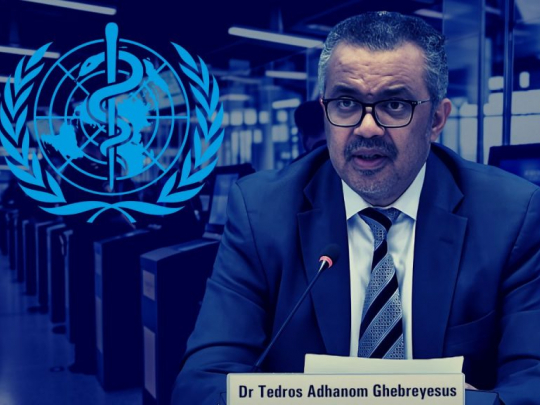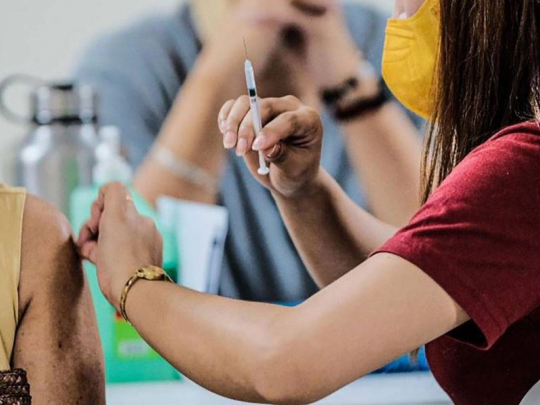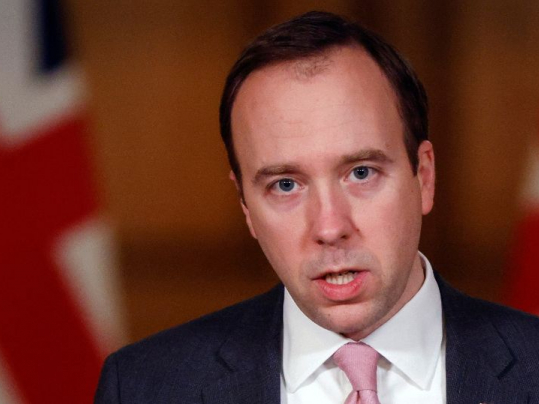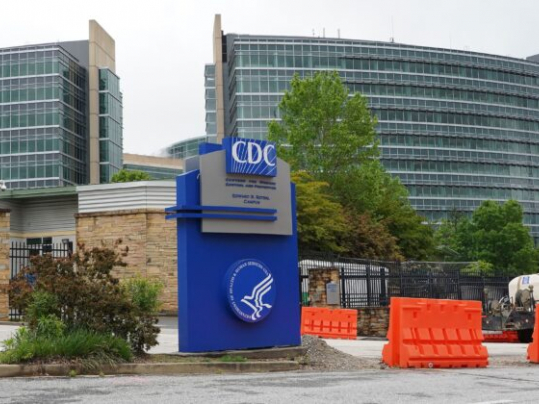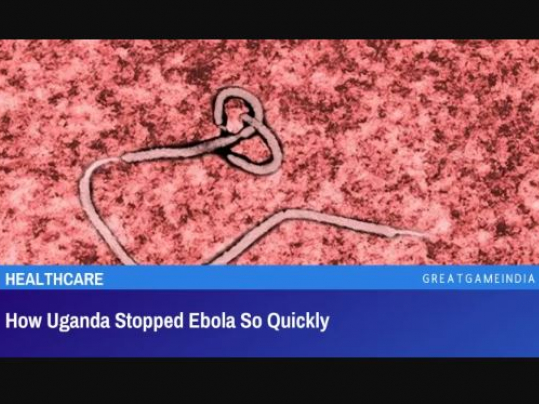Covid 19 coronavirus: World Health Organisation doctor backflips on virus lockdowns: Don't use them as a 'primary control'
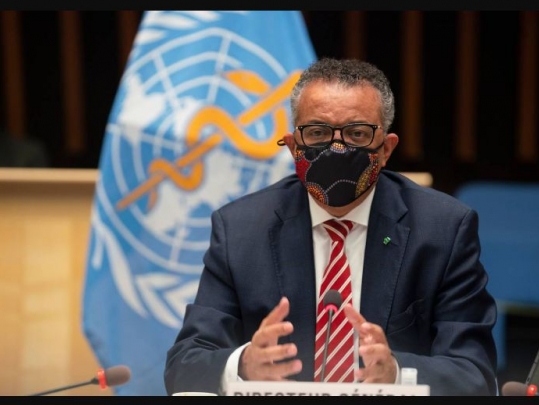
A World Health Organisation doctor has backflipped on the organisation's original Covid-19 stance, calling for world leaders to stop locking down their countries and economies as a "primary control method".
Dr David Nabarro from the WHO appealed to world leaders yesterday, telling them to stop "using lockdowns as your primary control method" of the coronavirus.
He also claimed that the only thing lockdowns achieved was poverty – with no mention of the potential lives saved.
"Lockdowns just have one consequence that you must never ever belittle, and that is making poor people an awful lot poorer," he said.
"We in the World Health Organisation do not advocate lockdowns as the primary means of control of this virus," Dr Nabarro told The Spectator.
"The only time we believe a lockdown is justified is to buy you time to reorganise, regroup, rebalance your resources, protect your health workers who are exhausted, but by and large, we'd rather not do it."
Dr Nabarro's main criticism of lockdowns involved the global impact, explaining how poorer economies that had been indirectly affected.
"Just look at what's happened to the tourism industry in the Caribbean, for example, or in the Pacific because people aren't taking their holidays," he said.
"Look what's happened to smallholder farmers all over the world ... Look what's happening to poverty levels. It seems that we may well have a doubling of world poverty by next year. We may well have at least a doubling of child malnutrition."
Melbourne's lockdown has been hailed as one of the strictest and longest in the world. In Spain's lockdown in March, people weren't allowed to leave the house unless it was to walk their pet. In China, authorities welded doors shut to stop people from leaving their homes. The WHO thinks these steps were largely unnecessary.
Instead, Dr Nabarro is advocating for a new approach to containing the virus.
"And so, we really do appeal to all world leaders: stop using lockdown as your primary control method. Develop better systems for doing it. Work together and learn from each other."
His message is timely. In a world first, a number of health experts from all over the world came together calling for an end to coronavirus lockdowns earlier this week.
They created a petition, called the Great Barrington Declaration, which said that lockdowns were doing "irreparable damage".
"As infectious disease epidemiologists and public health scientists, we have grave concerns about the damaging physical and mental health impacts of the prevailing Covid-19 policies, and recommend an approach we call Focused Protection," read the petition.
"Current lockdown policies are producing devastating effects on short and long-term public health."
The petition has had 12,000 signatures so far.
It was authored by Sunetra Gupta of the University of Oxford, Jay Bhattacharya of Stanford University, and Martin Kulldorff of Harvard University.
When asked about the petition, Dr Nabarro had only good things to say. "Really important point by Professor Gupta," he said.
But Michael Head, Senior Research Fellow in Global Health, University of Southampton, said the declaration was "based upon a false premise".
"That governments and the scientific community wish for extensive lockdowns to continue until a vaccine is available," Head said.
"Lockdowns are only ever used when transmission is high, and now that we have some knowledge about how best to handle new outbreaks, most national and subnational interventions are much 'lighter' than the full suppressions we have seen for example in the UK across the spring of 2020," he said.
"Those behind the Barrington Declaration are advocates of herd immunity within a population. They state that "Those who are not vulnerable should immediately be allowed to resume life as normal", with the idea being that somehow the vulnerable of society will be protected from ensuing transmission of a dangerous virus. It is a very bad idea. We saw that even with intensive lockdowns in place, there was a huge excess death toll," he said.
This story has been amended from the original which said the WHO, rather than a WHO doctor, had changed its stance.
- Source : Alex Turner-Cohen





